Tigray conflict could stoke insecurity elsewhere in Ethiopia: UN
The top humanitarian official of the United Nations (UN) has warned that the conflict in Ethiopia’s Tigray region could trigger broader destabilization in the country as a result of a security vacuum created by the deployment of Ethiopian troops to the war-torn area.
Mark Lowcock, the UN’s head of humanitarian affairs and emergency relief, made the comment in an address to the Security Council on Wednesday, saying there were reports of increasing insecurity in other regions across Ethiopia and that the international body was concerned about the potential for broader national and regional destabilization.
Lowcock said the Ethiopian government controlled between 60 and 80 percent of the territory in Tigray, but does not have a full command of the Amhara militiamen and Eritrean forces operating in the region.
Raising concern about allegations of sexual and gender-based violence in Tigray, the UN aid chief said there had been reports that police were operating at a fraction of their previous capacity, which could increase insecurity and further destabilize the country.
Lowcock also warned about the deteriorating humanitarian situation in Tigray as hundreds of thousands of people in the region have not received aid due to a lack of full and unimpeded access for the UN.
He also expressed hope that there would be concrete progress in the coming days for a boost in aid as several senior UN officials had visited Ethiopia to push for greater access to Tigray.
During the closed-door meeting on Wednesday, the entire 15 members of the UN Security Council called for increased humanitarian aid to Tigray, with UN spokesman Stephane Dujarric saying further access should be provided to the region and that opportunities to deliver aid remained fragile.
“Very little is being allowed in; what we need is to be able to just get in there in an unfettered manner without having to, I guess, negotiate for every truck, for every box,” he said.
“We work cooperatively with the government, and it’s their country... we have to go through them, and that’s the way it should be,” Dujarric added. “But there is a grave humanitarian need in Tigray, and at this point, we’re not able to reach the people that need to be reached.”
Ethiopian federal troops entered Tigray as part of a retaliatory response to alleged attacks on November 4 last year and overthrew the dissident ruling party of TPLF, which had set itself in opposition to Prime Minister Abiy Ahmed since he came to power in April 2018.
Though the government announced victory on November 28, the region’s ousted leader has vowed to continue fighting.
Since fighting began, thousands of people have lost their lives and hundreds of thousands of others have been forced from their homes. There are shortages of food, water, and medicine across the region of more than five million people.
According to the UN, an estimated 100,000 people are displaced in Tigray and some 60,000 people have taken refuge in Sudan.
Iran: US airstrikes on Yemen war crimes, violation of international law
Yemeni armed forces down F-18 fighter jet, repel US-UK attack: Spokesman
Iran warns against US-Israeli plot to weaken Muslims, dominate region
VIDEO | Public uproar in US against Israeli regime
‘Ghost town’: 70% of Jabalia buildings destroyed by Israel
Mother’s Day: Sareh Javanmardi’s inspiring journey as Paralympic champion and mother
Russia downs over 40 Ukrainian drones as Putin vows 'destruction' on Kiev
VIDEO | Yemen: A bone in Israeli neck


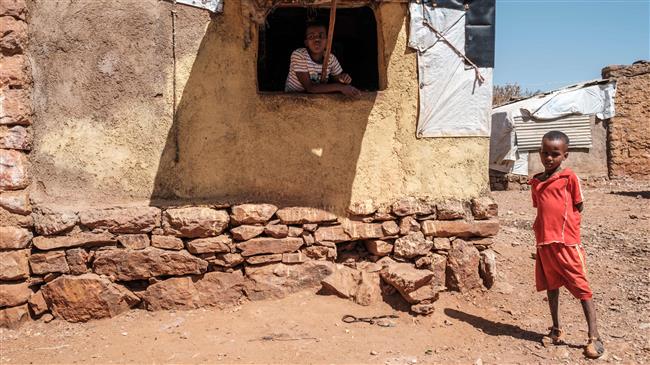




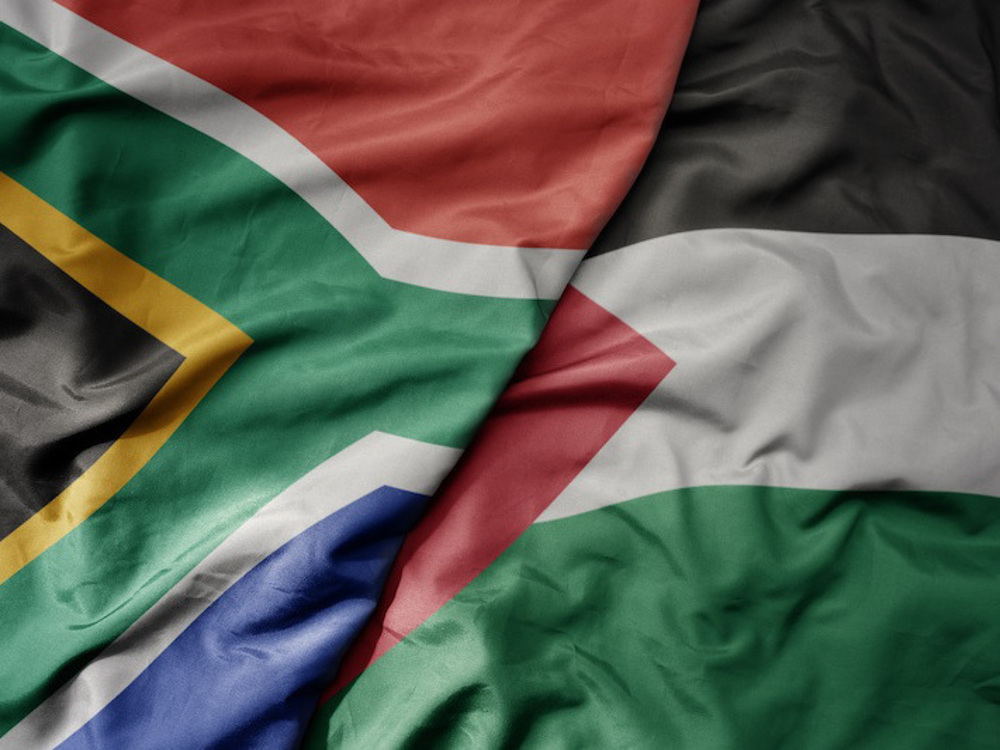





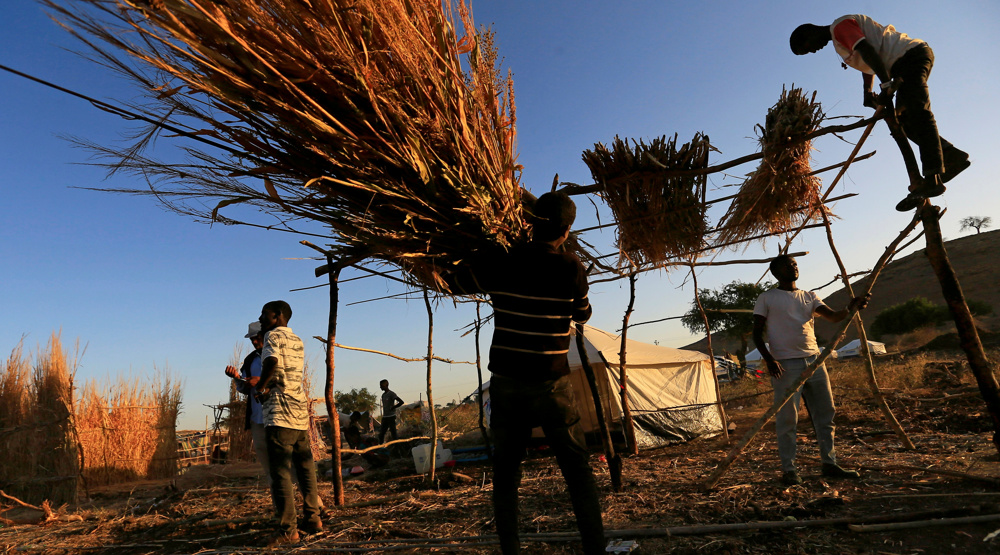


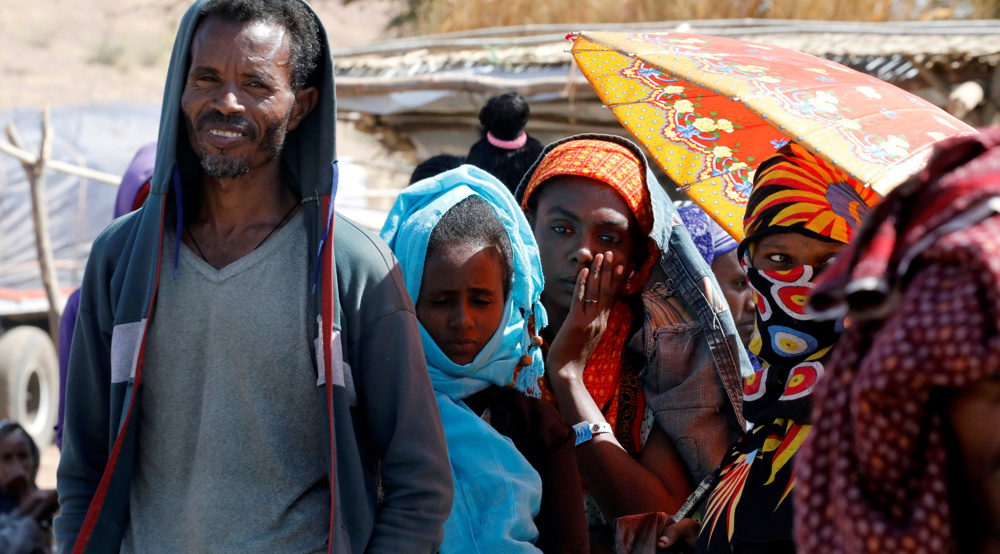
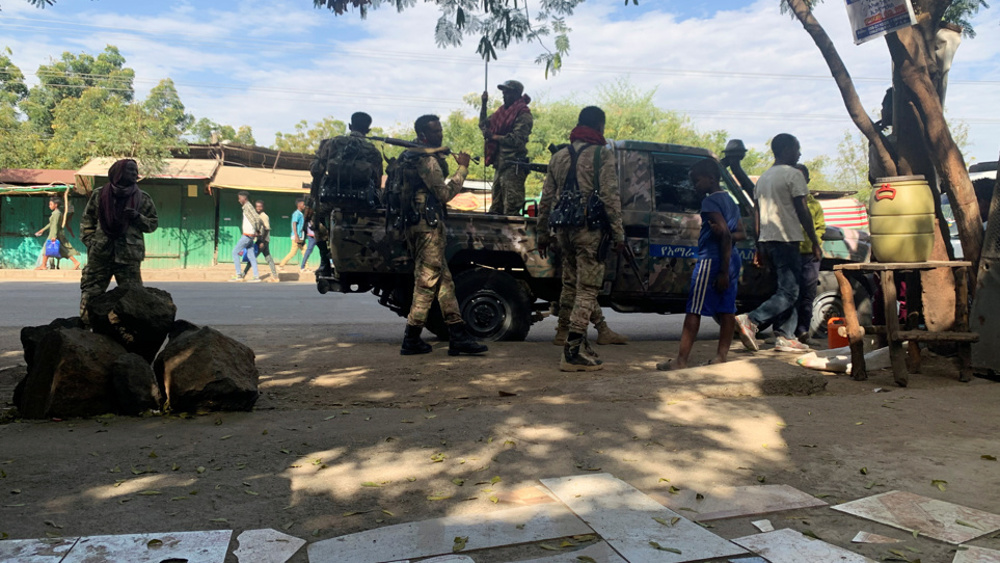
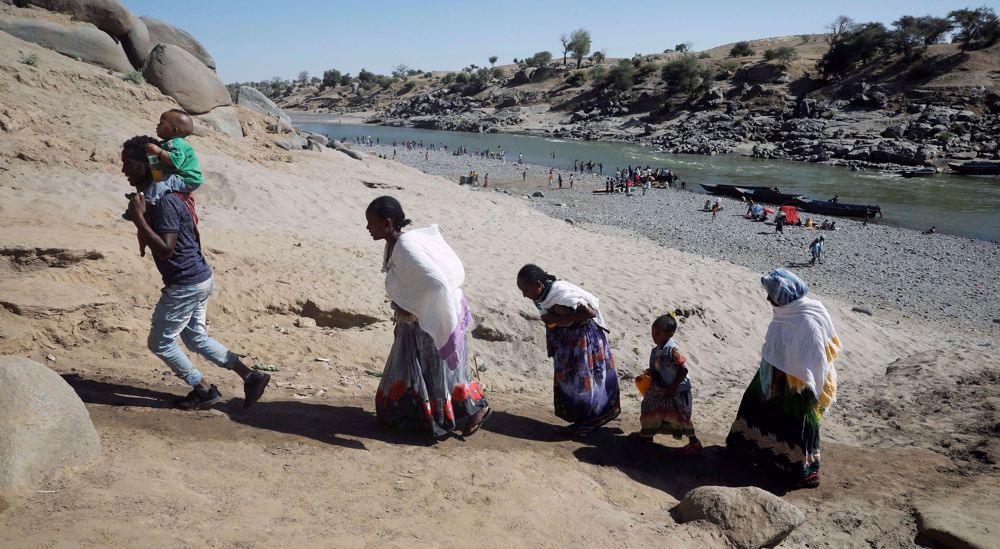

 This makes it easy to access the Press TV website
This makes it easy to access the Press TV website